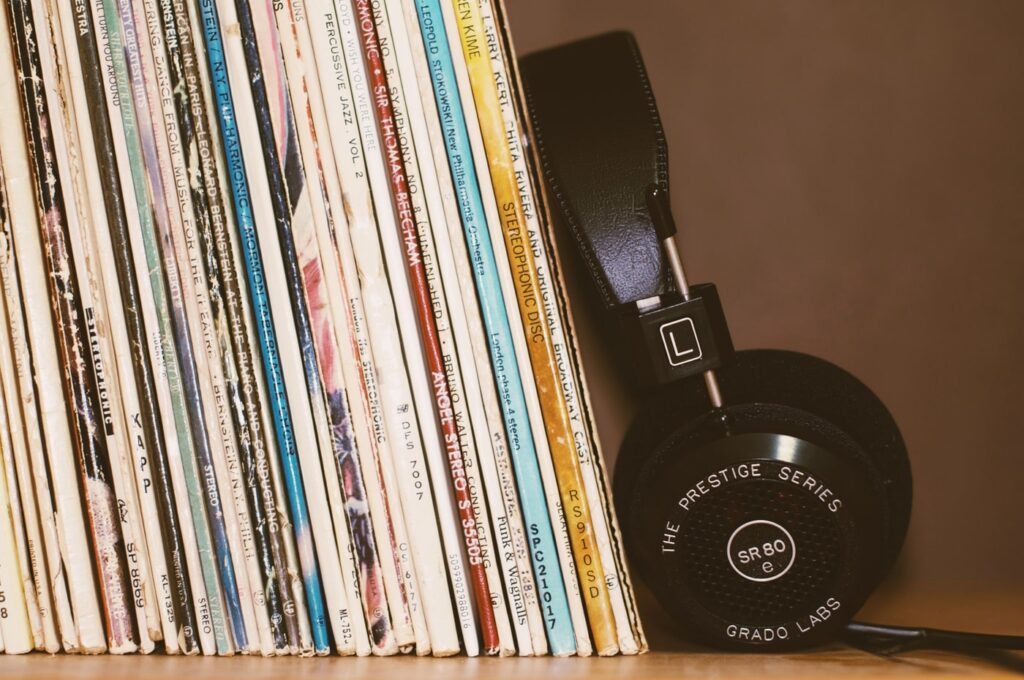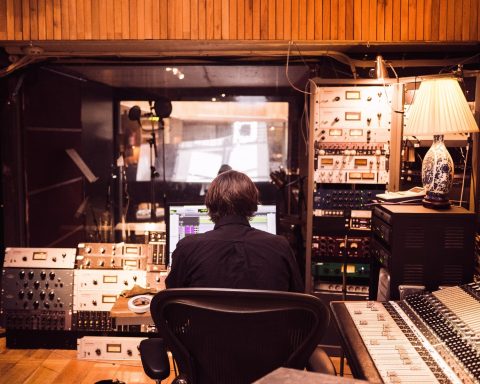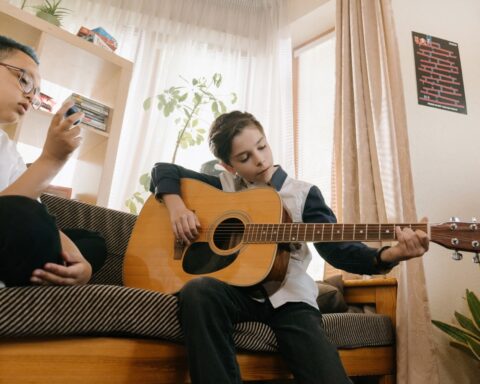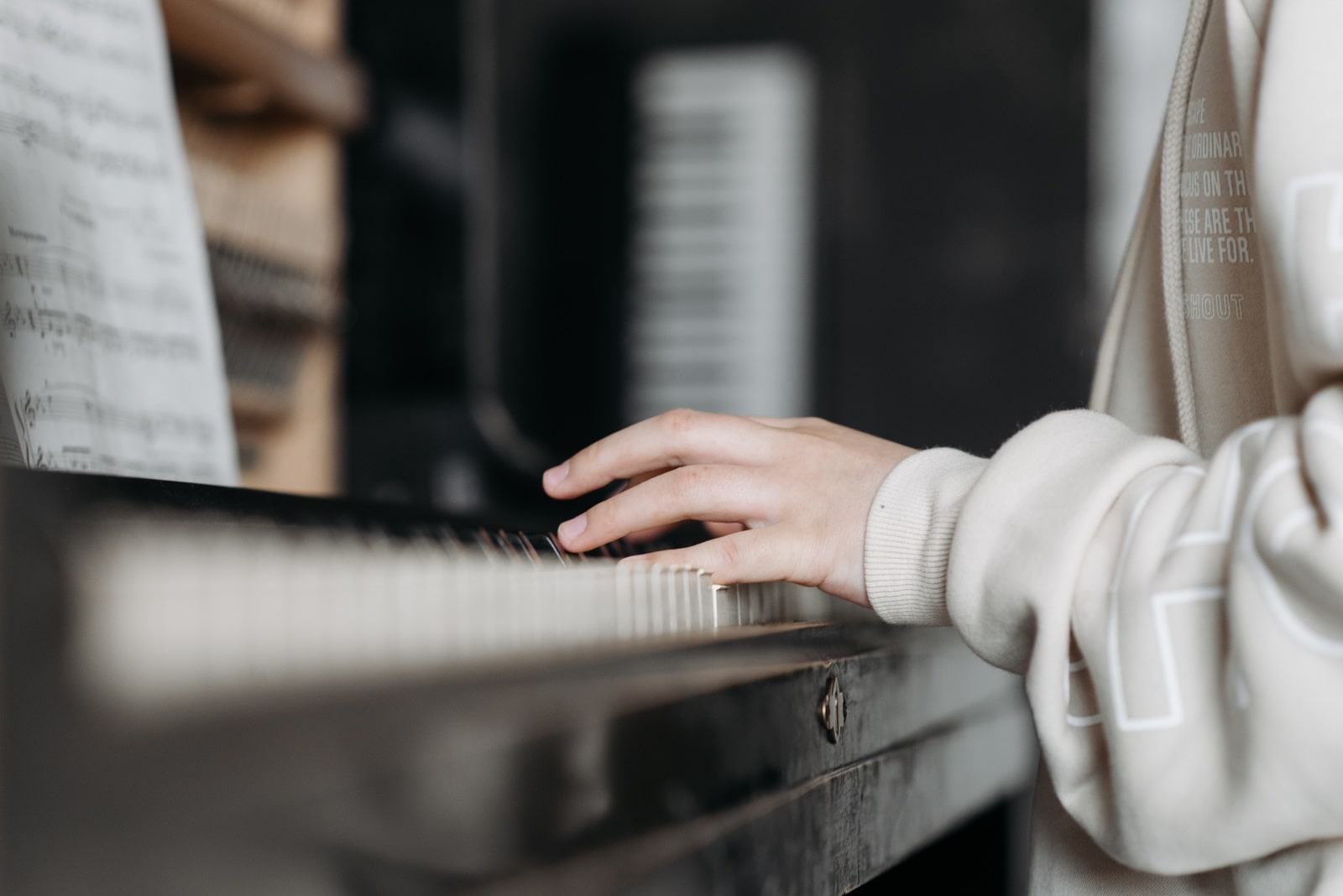As a student, you might be reading this article title and thinking, ‘you must be insane.’ And it’s true – students’ lives are extremely busy to the point of not having time for breakfast in the morning. Yet, at the same time, having a hobby, i.e., dedicating some of that precious time to doing a thing you enjoy, can make you feel like a brand new person.
Still, refusing any hobbies is not an answer. To get a headstart on meeting your deadlines, pay someone to Essaypro. Preferably a reputable service. Then, you’ll have some more free time on your hands to do the required research on music. In this article, we will tell you about some of the benefits of playing a musical instrument while at college and give you some tips on getting started.
Improved Cognitive Development
Learning to play a musical instrument, especially as an adult, is hard; there’s no arguing that. Yet, it’s extremely rewarding. When you learn to play, you also train your memory by memorizing notes, rhythms, and patterns. Your ear becomes sharper, which can help you in studying a foreign language. Depending on the instrument, your motor skills are likely to improve as well.
Another skill that is vital for students is improved concentration. When you play an instrument, you cannot turn away or think about other things – you have to be present and focused. In the era of TikTok, this is extremely rare and valuable.
Increased Creativity
When you learn to play an instrument, you don’t just memorize notes and songs. You study all the sounds that the instrument is capable of producing. You are encouraged to experiment, try new techniques, and extract new sounds, all in a safe space, alone or with a tutor. This inevitably leads to fostering creativity, getting used to and learning how to express oneself. Even the shyest person can express their feelings and emotions through music.

Enhanced Social Skills
If you choose to play in a band, an orchestra, or a choir, you will have to communicate, problem-solve together and resolve conflict. Although it might sound scary for someone very reserved, this is actually good for you. You will have to deal with conflict in this life; it’s just unavoidable. And the earlier you learn to solve troubles with other people, the better.
By the way, playing in a band is not only about conflicts. You can also form strong friendships or even romantic relationships. Music, the nerves that come with playing on stage for the first time, and even the aforementioned conflicts all bring people closer together eventually. So these bonds may even become life-long.
Stress Relief
Music has a proven therapeutic effect on people’s brains. It has a calming effect on your body and can be a form of meditation once you learn to play. Generally, having any creative outlet will bring you huge stress relief and will be a form of distraction. When you’re invested in what you’re doing at the moment, and it brings you joy, you don’t think about the studies, looming finals, and deadlines.
Sure, escapism might not be the healthiest coping strategy, but music is not only about that. Besides, a sense of accomplishment that comes with learning a new song or technique can also be very therapeutic.
Increased Cultural Awareness
Learning about different styles of music and their cultural origins can help students gain a greater appreciation for diverse cultures. Once you learn to play one instrument, you are highly likely to want to learn more. This leads to exploring more and more of the culture behind each style and makes you better informed on the world culture.
So, How Do You Learn to Play?
Many colleges and universities offer music classes covering a range of instruments and skill levels. These classes are typically taught by experienced instructors and can provide a structured learning environment. Ask around the campus or look for flyers on the notice board.
Another way to join the music world on your campus is to join an ensemble or band. Some will even provide you with an instrument or at least a way to loan one. Yet, you will have to be at a certain level of mastery to be able to join. Nobody wants a pianist that can’t read the notes.
An investment-free option is, of course, the internet. YouTube is a great source of information on any topic. You can find bass players, pianists, drummers, and electronic music producers, all willing to share their skills. Get your hands on an instrument and follow along!
Buying a guitar or any other instrument, for that matter, will barely fit a student’s monthly budget. A way out would be taking classes from a fellow student. Ask around; maybe someone in your dorm is willing to give classes on their personal instrument. Once you learn a bit more and see if you actually like playing, you can start saving money. Or even ask your parents for an instrument as a birthday gift. They will probably like the fact that you are willing to develop a new skill.
Some colleges may host workshops or masterclasses that allow students to learn from experienced musicians. Follow musicians in your area and regularly check if your host events. These can be a great opportunity to learn new techniques and get feedback on your playing. Apart from that, you can meet new people with a similar set of values and goals. You might start a band together or become friends!
Ultimately, the best way to learn an instrument in college will depend on your individual learning style and goals. It’s important to explore different options and find the one that works best for you.
Wrapping Up
Learning to play a musical instrument as a student can have numerous benefits, such as improved cognitive development, increased creativity, enhanced social skills, stress relief, and increased cultural awareness. These benefits can be achieved through taking music classes offered by colleges or universities or joining an ensemble or band on campus. Overall, learning to play a musical instrument can be a rewarding and beneficial experience for students.














